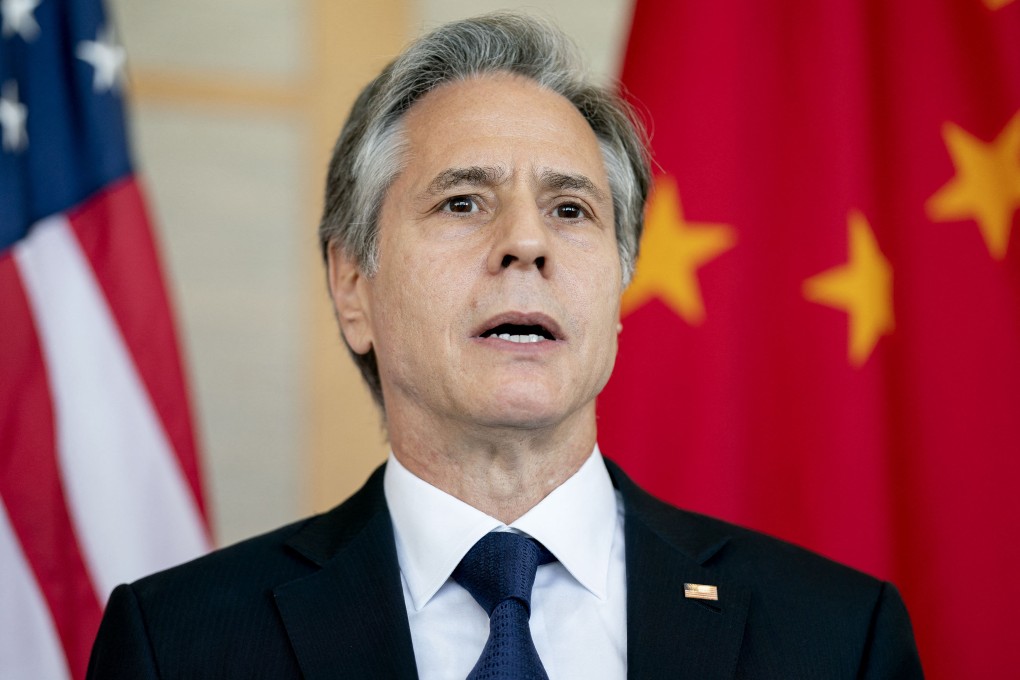Advertisement
Global Impact: how much damage has the alleged spy balloon done to US-China relations?
- Global Impact is a weekly curated newsletter featuring a news topic originating in China with a significant macro impact for our newsreaders around the world
- In this edition, we look at US Secretary of State Antony Blinken cancelling his planned visit to China after the US spotted what it has called a surveillance balloon
Reading Time:6 minutes
Why you can trust SCMP
5

Global Impact is a weekly curated newsletter featuring a news topic originating in China with a significant macro impact for our newsreaders around the world. Sign up now!
The talk was “open and candid”, according to US President Joe Biden, when asked about his meeting with Chinese President Xi Jinping in Bali ahead of the G20 summit in November.
“So we covered an awful lot of territory. And – and I must say that he was as straightforward as he has been with me in the past. And I – I think that we understand one another, which is the most important thing that can be done,” Biden said after his lengthy meeting with Xi, while also announcing that he would be sending his top diplomat, Antony Blinken, to China to continue the conversation with Beijing.
Advertisement
The mending of their frayed relations – largely frozen in the past three to four years – appeared to warm further in January when Chinese Vice-Premier Liu He and US Treasury Secretary Janet Yellen met in Switzerland ahead of Blinken’s planned visit.
Analysts – in China and the United States – were then generally hopeful that the two superpowers were ready to repair their damaged ties and move on. Or to at least, as Biden has said many times, to establish “guardrails” in their relationship and work together in areas where the two countries share common interests.
Advertisement
But such hopes were dashed about a week ago – on the eve of the Blinken’s trip – when a Chinese balloon entered American airspace. Blinken postponed his visit saying its presence amounted to “a clear violation of US sovereignty” despite China’s explanation that it was a scientific research vessel that had drifted off course due to “force majeure”.
Advertisement
Select Voice
Select Speed
1.00x
